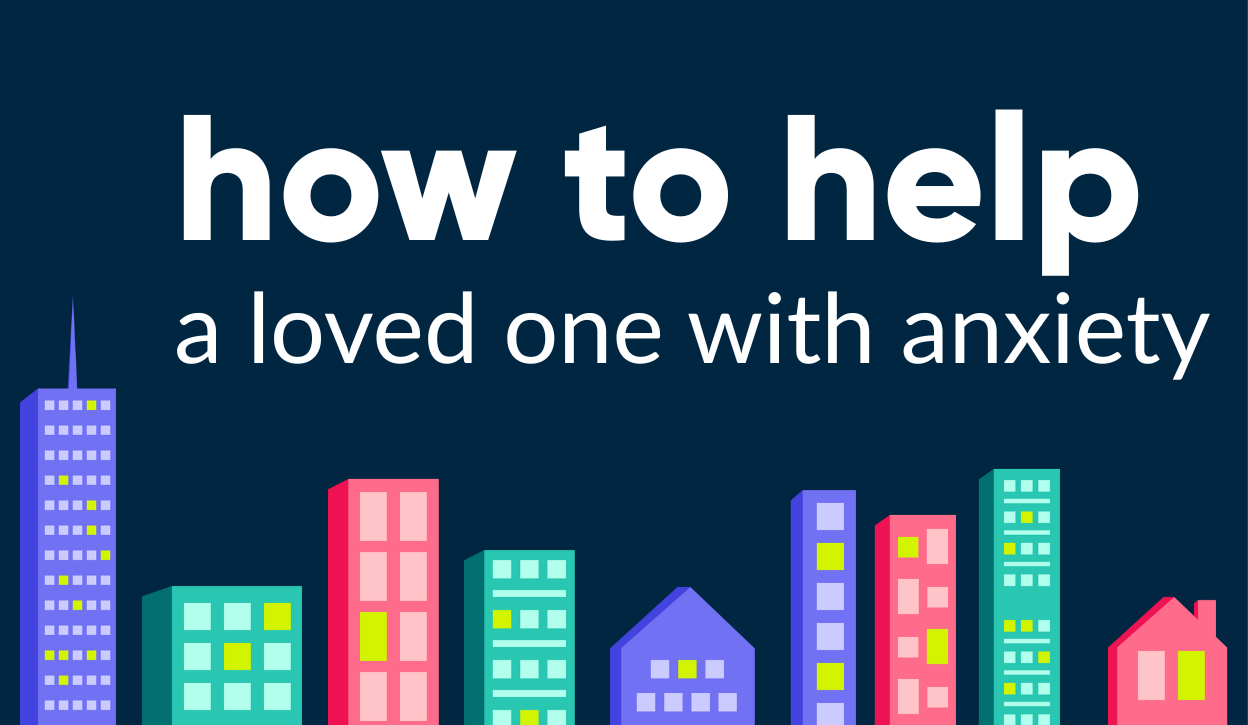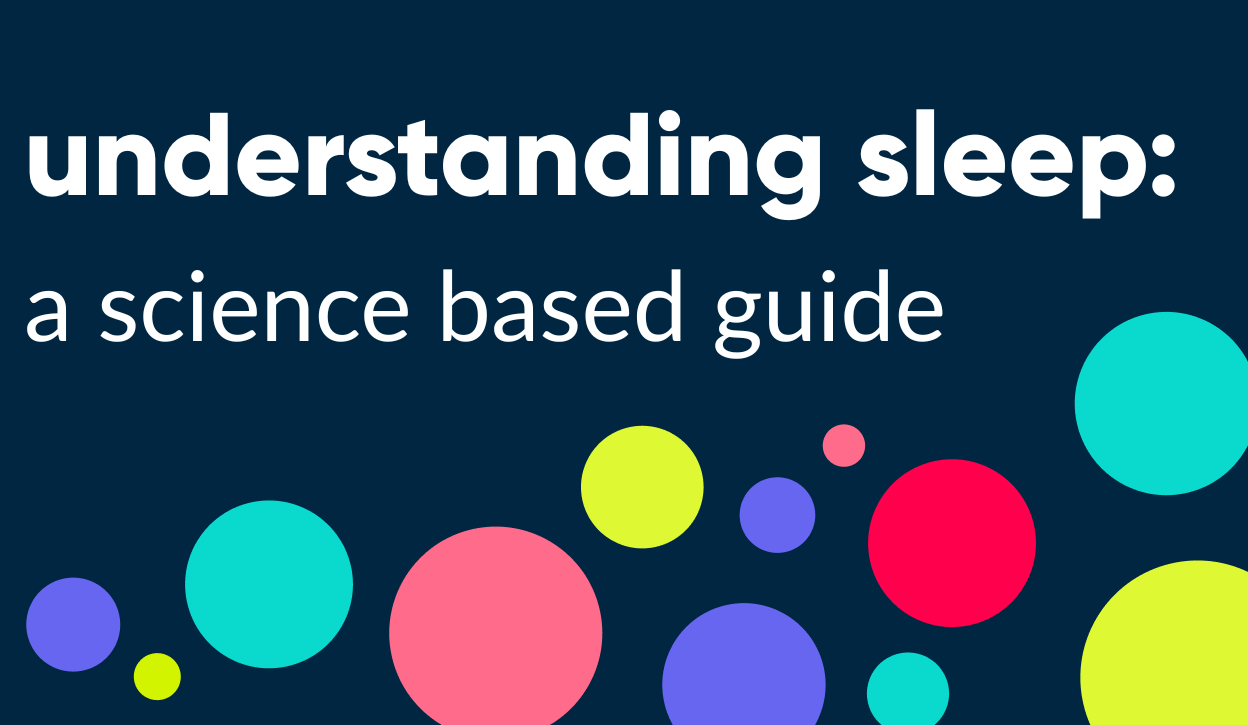
Do you ever get so excited to eat a delicious meal, only to feel terrible afterwards? Or do you ever find yourself having some heartburn after a meal and then feel nervous to eat again?
Feeling nervous, stressed, and even experiencing anxiety after eating is a common feeling for people. This anxiety can come from a number of different reasons, and we want to highlight just a few that may be why you feel anxiety after eating.
Symptoms of Anxiety After Eating
To start, let’s talk about what some symptoms of anxiety can be so you can recognize if you are experiencing any.
Symptoms of anxiety after eating can include the following:
- Rapid heart rate
- Nausea
- Muscle tension
- Choking sensation
- Sense of dread
- Sweating (such as clammy hands)
- Shaking
- Irritability
- Quick breathing
- Feelings of worry that are difficult to control
- Fatigue
- Insomnia
Those are just a few of the possible symptoms that can occur after eating that may indicate you are experiencing anxiety. It might be wise to track your symptoms after meals and see how your health responds. Want a free tool to help you track your mood, health and how you’re feeling? Try Galvan! Galvan is a revolutionary app that measures your heart rate, eating patterns, and even detects the nuances of your voice to determine your mood every day. Not only that, but Galvan rewards you for good behavior if you stick to your goals! Download our newly launched, free app here.
Reasons You may Feel Anxious After Eating
Now let’s take a closer look at 4 reasons why you may be feeling anxious, ranging from past experiences to uncomfortable physical sensations.
1. Past Negative Experiences With Food
Traumatic Experiences
Individuals who have had traumatic experiences related to food, such as choking or a severe allergic reaction, may develop a heightened sense of fear and anxiety around eating. These experiences can create negative associations and triggers that cause anxiety after eating, as they fear a recurrence of the traumatic event.
Negative Body Image and Dieting History
Past experiences with strict diets, body shaming, or disordered eating patterns can lead to anxiety around food. Negative body image and the pressure to adhere to certain standards can result in guilt, shame, and anxiety after eating, especially when consuming foods that are perceived as "unhealthy" or "indulgent."
Fear of Judgment or Criticism
Previous instances of receiving negative comments or criticism related to eating habits or body shape can contribute to anxiety after eating. Individuals may worry excessively about being judged by others for their food choices or eating behaviors, leading to self-consciousness and heightened anxiety during and after meals.
2. Social Anxiety Related to Eating
Experiencing anxiety after eating due to social anxiety is a challenging and distressing experience for many individuals. Social anxiety disorder (SAD) is a mental health condition characterized by an intense fear of social situations and a strong desire to avoid them. It can manifest in various ways, including anxiety related to eating in public or around others.
Here are some factors that contribute to anxiety after eating due to social anxiety:
Fear of Judgment
People with social anxiety often have an intense fear of being negatively evaluated or criticized by others. This fear extends to eating in public, as they worry that others may perceive them as messy, clumsy, or even unattractive while eating.
Performance Anxiety
Social situations can trigger a sense of performance anxiety for those with social anxiety disorder. Eating in front of others can feel like a performance, causing heightened self-awareness and pressure to appear "normal" or flawless while consuming food.
Anticipatory Anxiety
The anticipation of upcoming social events or occasions that involve eating can trigger anxiety well in advance. The mere thought of these situations can generate a range of physical and psychological symptoms, leading to anxiety that persists even after the meal is over.

3. Emotional Eating
Emotional Triggers
Emotional eating often stems from the desire to cope with negative emotions or uncomfortable situations. When individuals turn to food as a way to numb or distract themselves from emotional distress, they may experience a temporary sense of relief. However, once the food is consumed, feelings of guilt, shame, and anxiety can emerge, as the underlying emotional issues remain unresolved.
Lack of Control
Anxiety after emotional eating can be linked to a sense of loss of control over eating habits. Individuals may feel powerless and anxious about their inability to resist the urge to eat in response to emotional triggers. This loss of control can intensify feelings of anxiety, especially when they are concerned about their physical health, weight, or body image.
Negative Self-perception
After engaging in emotional eating, individuals may develop negative thoughts and self-perceptions about their self-worth. They might feel guilty for overeating or choosing unhealthy food options, leading to self-criticism and heightened anxiety about their eating habits and overall well-being.
Physiological Factors
Certain foods, especially those high in sugar and unhealthy fats, can contribute to physical sensations of anxiety after consumption. These foods can cause fluctuations in blood sugar levels, affecting mood and energy levels, and potentially triggering or exacerbating anxiety symptoms.
4. Uncomfortable Physical Sensations
Experiencing anxiety after eating due to uncomfortable physical sensations is a distressing and challenging situation that some individuals face. Various factors can contribute to this anxiety, including digestive issues, food intolerances, allergies, or underlying medical conditions. Here's a closer look at why someone might have anxiety after eating due to physical discomfort:
Digestive Issues
Digestive problems like indigestion, bloating, gas, or acid reflux can cause uncomfortable physical sensations after eating. These sensations may lead to anxiety as individuals worry about the cause of their symptoms, fear of embarrassment in social situations, or concern about the impact on their overall health.
Food Intolerances or Allergies
Food intolerances, such as lactose intolerance or gluten sensitivity, and food allergies can result in adverse reactions after consuming certain foods. These reactions may range from mild discomfort to severe symptoms like hives, difficulty breathing, or anaphylaxis. The fear of experiencing an allergic reaction or discomfort can trigger anxiety after eating.
Underlying Medical Conditions
Certain medical conditions like irritable bowel syndrome (IBS), inflammatory bowel disease (IBD), or gastroesophageal reflux disease (GERD) can cause chronic digestive symptoms. Living with these conditions can lead to heightened anxiety around eating, as individuals may anticipate or experience discomfort and worry about the impact on their daily lives.
Coping Strategies for Managing Anxiety After Eating
If any of those 4 reasons for anxiety after eating sounded familiar to you, there are different ways to address this anxiety to improve it and feel more confident about eating. Let’s take a look into some!
Here are 4 techniques you can try:
- Practice mindful eating: Mindful eating involves paying attention to the present moment while eating, without judgment or distraction. Slow down and savor each bite, paying attention to the taste, texture, and aroma of the food. This approach can help you develop a healthier relationship with food and reduce anxiety related to eating.
- Challenge negative thoughts: Anxiety often comes with negative thoughts and assumptions. Challenge these thoughts by questioning their validity and replacing them with more realistic and positive statements. For example, if you find yourself thinking, "Everyone is judging me," replace it with, "I am in control of my thoughts and actions, and I don't need to worry about others' opinions."
- Limit caffeine and alcohol intake: Caffeine and alcohol can contribute to feelings of anxiety and exacerbate symptoms. Consider reducing or eliminating your consumption of these substances, especially if you notice that they worsen your anxiety after eating.
- Seek professional help: If anxiety after eating significantly affects your daily life and well-being, consider seeking professional help from a therapist or counselor. They can provide specialized guidance, support, and techniques tailored to your specific needs.
Remember that coping with anxiety after eating is a process that may require time and experimentation to find what works best for you. Be patient with yourself and celebrate small victories along the way. With the right strategies and support, you can develop effective coping mechanisms and reduce anxiety related to eating.
Galvan Nodes and the IZE Blockchain are governed by a Distributed Governance Framework, which is distinct from and not solely controlled by Galvan DAO LLC. Any value derived from Galvan Nodes and IZE Digital Rewards is likely to be uncorrelated with the success or failure of Galvan.
Galvan does not sell tokens. The IZE Blockchain, which is governed by Galvan Node Owners, self-governs the distribution of tokens. Tokens are earned in exchange for work and action on the IZE Blockchain. The token is designed to have utility on the Galvan platform for the purchase of Galvan’s products and services. The token is not an investment product and may never have any value outside of the Galvan platform. Galvan Node Owners should not expect to recognize any value from the token other than its utility with Galvan. Galvan does not anticipate correlation between the token value and Galvan’s business activities.
This article may contain forward-looking statements that involve substantial risks and uncertainties. Forward-looking statements discuss plans, strategies, prospects, and expectations concerning the business, operations, markets, risks, and other similar matters. There may be events in the future that we cannot accurately predict or control. Any forward-looking statement contained herein speaks only as of the date on which it is made. Factors or events that could cause our actual results to differ may emerge from time to time, and it is not possible for us to predict all of them. We do not plan to update or revise publicly any forward-looking statements except as required by law.













